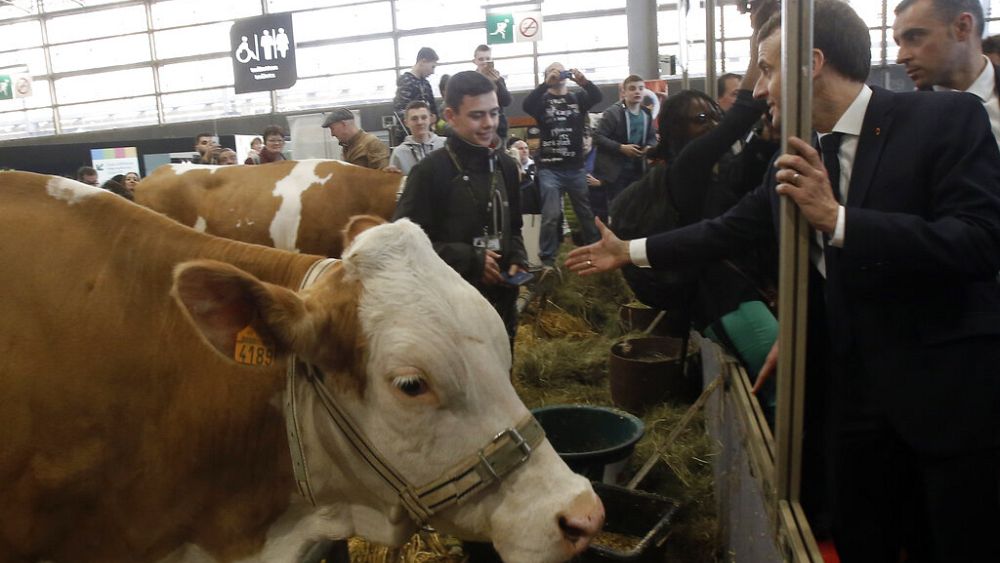
Opinions expressed in View articles are solely those of the authors.
But many of these new policies are failing to account for the vast strides in sustainability that have already been made, and continue to be made, on European farms.
The average European livestock farm now uses 34 hectares of agricultural land and has, in total, a herd size of 47 animals, with a significantly reduced environmental impact as a result. By contrast, half of all US milk production now comes from herds with more than 900 cows.
Likewise, farmers have made vast strides in promoting and making efficient investments into animal health, which has the knock-on effect of creating a more sustainable and responsible industry.
For instance, European farmers have made great progress in eradicating infectious bovine rhinotracheitis (IBR) and regularly invest in monitoring technology such as ear tags, to ensure the food they produce is high-quality, sustainable and safe.
These measures require a prerequisite level of farmer’s income and are not readily available for all, meaning more support for farmers to invest in animal health is needed.
And yet, although European farming is now meeting welfare and making headway to meet environmental expectations, it is now not feeding as many citizens as before.
This means continued demand for food imported from outside the EU, bringing with it additional environmental and quality assurance questions.
It’s clear that in promoting a sustainable livestock industry, EU policymakers also need to understand the trade-offs of the policies they are implementing and must pay special attention to the sector’s economic viability.
With farmers throughout Europe already operating on tighter margins than ever before, failing to do so could cause harm not just to European farms and businesses, but also the rural communities and continent-wide veterinary sector with which they are intimately connected.
Careful management key as sector embraces sustainability
European lawmakers must better understand the wide-ranging impacts of their policies. To begin with, we need policies that reflect the realities of the livestock sector as it exists in Europe today.
If today’s herds decrease even further, they will not produce as much plentiful and affordable food for European consumers. This means policymakers must ensure new laws strike a balance between promoting sustainability and meeting demand.
Secondly, we need better management of the trade-offs in promoting sustainability in the sector, to ensure its long-term security. Mismanagement of European sustainability-promoting measures like the Farm to Fork strategy could ultimately lead to a social, economic, and ecological disaster.
Finally, farmers need confidence that livestock farming remains economically viable, and can coexist with growing sustainability initiatives.
Without this assurance, we run the risk of racing to the bottom, with growing shortages of vets. This would lead to lower-quality meat and dairy products for consumers, and a growing dependence on imported products that may have varied standards.
While we face the global challenge of climate change, policymakers are right to legislate for sustainability in the livestock sector. But this process must be carefully managed, based on the reality in Europe today, and forward-looking, to ensure Europe’s farmers can continue providing safe, high quality, and nutritious food for all.
Didier Delmotte is president of the European Federation for Animal Health and Sanitary Security (FESASS).